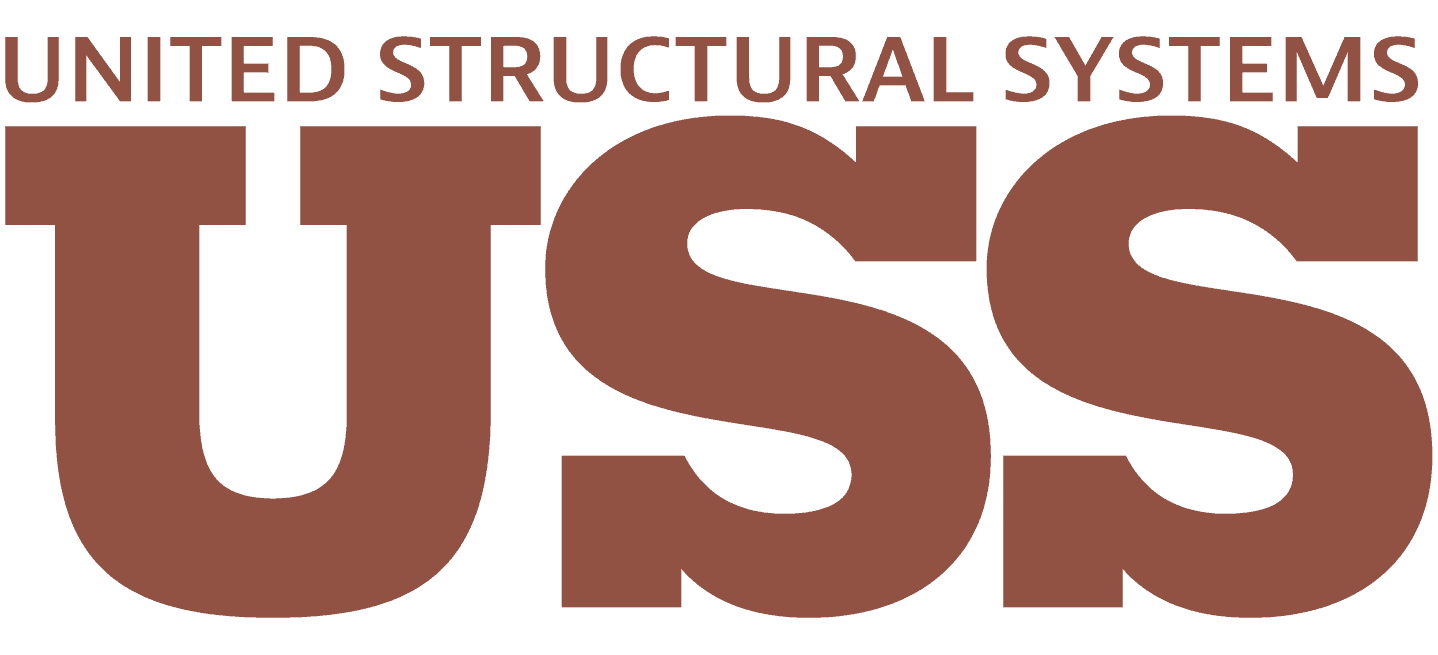Sump Pump vs Gravity Drain

Which is the Best Option for Your Basement?
A sump pump is an electrically powered device installed in your basement or crawl space to help keep it dry. When water enters your home, the pump directs it away from your property to a place where it won't cause problems. On the other hand, a gravity drain utilizes natural gravitational force to move water away from your property, with no electricity required.
Choosing between these two can be a complex decision, requiring a careful evaluation of cost, efficiency, and maintenance needs. Keep reading to learn more about the pros and cons of each and how they can help you manage moisture and water issues at your property.
When Is a Sump Pump Most Appropriate?
Sump pumps are typically the preferred choice when the water table is above the foundation of a home or in areas prone to heavy rainfall and flooding. This is because they have the power to actively pump out large volumes of water, quickly reducing the risk of water damage. In contrast, gravity drains rely on the natural slope of your land, making them less effective in these scenarios.
Pros of Sump Pumps
- Effective Water Removal: Sump pumps can quickly pump out large volumes of water, making them extremely effective in areas prone to flooding or with high water tables.
- Automatic Operation: Many sump pumps are equipped with a float switch that automatically activates the pump when water reaches a certain level.
- Prevents Mold and Mildew: By rerouting water to help keep the basement dry, sump pumps help prevent mold and mildew growth, which can harm your health and damage your home.
Cons of Sump Pumps
- Requires Electricity: Sump pumps require a power source, which could be a problem during a power outage unless you have a backup power source like a backup battery.
- Maintenance: Sump pumps require regular maintenance to keep them working effectively. This includes cleaning, testing, and occasionally replacing parts.
- Noise: Some models of sump pumps can be pretty noisy when operating, which could disturb some homeowners.
When Is a Gravity Drain Most Appropriate?
Gravity drains are more suitable for homes built on a slope, where natural gravity can be utilized to move water away. They're also a good choice in regions where power outages are frequent or for people who live off-grid, as gravity drains do not rely on electricity. However, a gravity drain may not offer the necessary water removal efficiency for homes situated on flat land or in areas prone to heavy rainfall.
Pros of Gravity Drains
- No Electricity Required: Unlike sump pumps, gravity drains do not require a power source. This means they can still operate during power outages, providing continuous drainage.
- Low Maintenance: Generally, gravity drains require less maintenance than sump pumps. They don't have mechanical parts that can fail and only need periodic cleaning to remove debris.
- Quiet Operation: Gravity drains operate silently, unlike sump pumps, which can sometimes be noisy.
Cons of Gravity Drains
- Ineffective on Flat Land: For gravity drains to work effectively, they need a certain degree of slope. On flat land, they might not provide sufficient drainage.
- Prone to Clogging: Leaves, soil, and other debris can clog gravity drains, reducing their efficiency and potentially causing water backups.
- Limited Capacity: Gravity drains might be unable to handle large volumes of water effectively, particularly in areas prone to heavy rainfall or flooding.
- Labor Intensive Installation: Due to additional conduit required, installing a gravity drain may be more labor intensive and require more discharge pipe to reach daylight depending on the grade.
Converting from a Gravity Drain to a Sump Pump System
Are you a property manager struggling with water or flooding issues? If you have a gravity drain and find that it is not providing sufficient water removal, it might be worth considering converting to a sump pump system. The conversion process involves installing a sump basin, which collects incoming water, and a pump, which actively removes the water from the basin and directs it away from the property.
Although converting to a sump pump system for your property represents a significant investment, the long-term benefits of improved water removal and property protection can far outweigh the initial cost. If this is something you are considering, we encourage you to reach out to the team at United Structural Systems for guidance. In addition to expert installation services and transferable warranties, we are highly professional and work to minimize disruptions to our customers' properties throughout the process.
Have questions about sump pumps or gravity drains? Contact us online now to schedule a consultation.
We offer financing plans, accept major credit cards and personal checks.
See what customers have to say about working with USS.
Our customer reviews speak for themselves.




